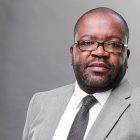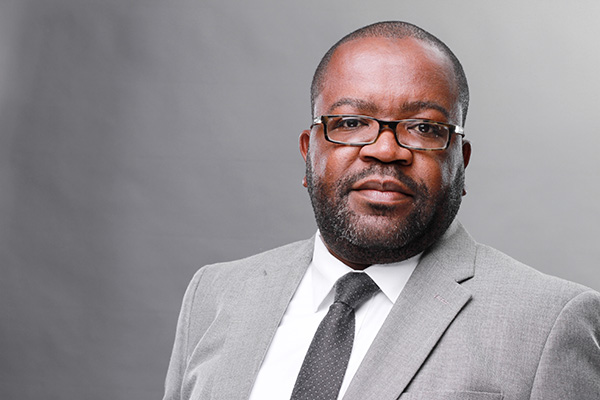Comments on “Debates and Trends in Comparative Education”
16/10/2014
Uncategorized
The “Debates and Trends in Comparative Education” article outlines the progression of the field as it formulates its identity. The article is a good introductory and reflective piece on the comparative method. Here are a few things that stood out to me:
- The author states that “the field has always been influenced by contemporary event”. This was striking to me because in the next sentence there is a reference to the “third world” which is a term I consider offensive but was regularly use throughout the 70s and 80s (still in use today but not as frequent).
- A question was raised on whether or not “western social sciences [can] guide research on the third world.” I found this somewhat ironic because the person asking the question is a westerner. I would add a follow up question: ‘is a western social scientist best suited to guide research in the third world?’
- What was also striking for me was the absence and recognition of non-western researchers and their contribution to the field. Is comparative education purely a practice of western scientists studying non-western countries or can non-westerners also participate in this endeavour? Furthermore, how would the field change as those who have been consistently studied begin to enter the discussion and also become social scientist themselves?
Reference: Kelly, G. P. (1992). Debates and trends in comparative education. Emergent issues in education: Comparative perspectives, 13-22.
Word count: 217

